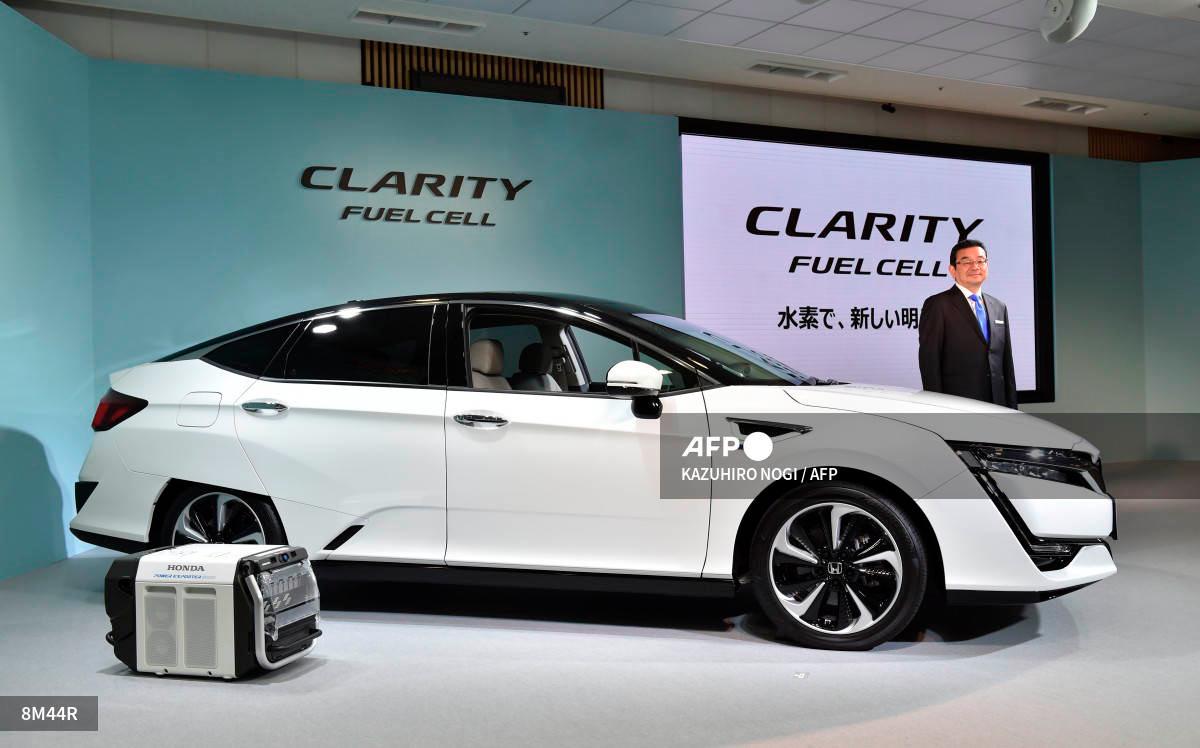HONDA Motor Co., Ltd. has announced a significant revision to its previously disclosed plans for a dedicated fuel cell module production facility in Moka City, Tochigi Prefecture, Japan.
The changes come in response to recent shifts in the global hydrogen market, prompting the company to reduce the intended production capacity and postpone the plant’s operational launch.
Initially, Honda intended to repurpose part of its former Powertrain Unit Factory in Moka for the exclusive production of its next-generation hydrogen fuel cell modules.
This facility was to commence operations within the fiscal year ending 31 March 2028 (FY2028) and was projected to have an annual production capacity of 30,000 units. Preparatory work for the project had already begun.
However, a reassessment driven by evolving conditions in the hydrogen energy landscape has led Honda to scale back the scope of its production ambitions. The company has opted to delay the start of mass production and revise the initial capacity target downwards, although specific revised figures have not been disclosed.
Due to this adjustment, the revised plan will no longer meet the criteria for participation in a government subsidy programme overseen by Japan’s Ministry of Economy, Trade and Industry (METI).
The programme, part of a broader initiative to build domestic supply chains in the green transformation (GX) sector, had required participating manufacturers to begin operations before the end of FY2028 and to produce more than 20,000 units annually.
As Honda’s updated plan falls short of these benchmarks, it has voluntarily withdrawn from the subsidy scheme.
Despite this change in course, Honda remains committed to hydrogen as a pivotal element in its long-term environmental strategy.
With more than three decades of experience in developing hydrogen technology and fuel cell electric vehicles (FCEVs), the company continues to view hydrogen as central to achieving its vision of carbon neutrality by 2050 across all products and corporate activities.
Honda has identified four key sectors for the application of its next-generation fuel cell modules: FCEVs, commercial vehicles, stationary power generation, and construction machinery.
The company aims to expand its hydrogen-related ventures and ultimately establish hydrogen technology as a core pillar of its future business portfolio.
While the timeline and scale of production may have changed, Honda’s broader commitment to decarbonisation and sustainable innovation remains unchanged.
The revised plan reflects a more cautious but still forward-looking approach to the challenges and opportunities presented by the global shift to clean energy.









